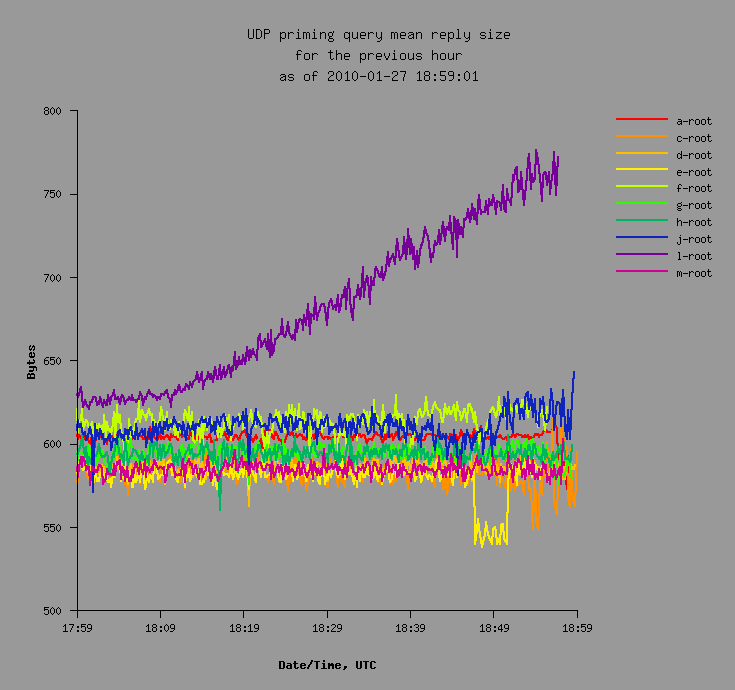The 2011 Workshop on DNS Health and Security
DNS-OARC is pleased to announce our involvement in the DNS EASY 2011 conference being held this fall in Rome. Focusing on Security, DNS EASY 2011 does not replace our traditional fall workshop and AGM (which will be announced soon) but serves provides specific focus for a broader audience than is typical for DNS-OARC workshops.

